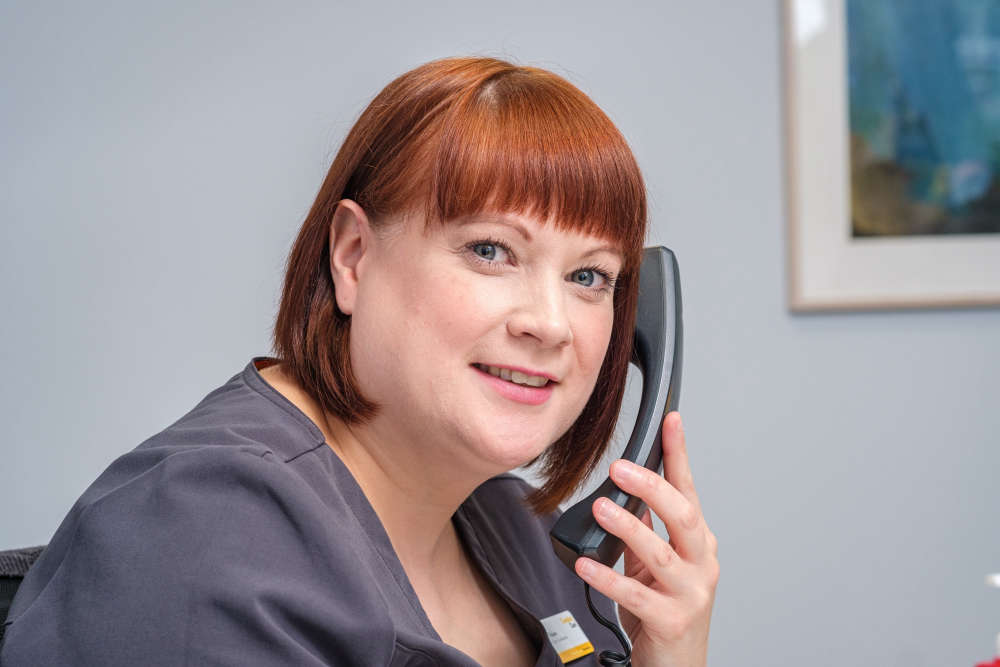
It is Living Wage Week and Cllr John Cotton, Cabinet Member for Social Inclusion, Community Safety and Equalities, talks about why Birmingham needs to become a Living Wage City.
There is no doubt that 2020 has been a year like no other, when every sector of society has felt the impact of the Covid-19.
We clapped for our superheroes – also known as key workers, many of whom are either low paid or on minimum wage – but they deserve more than applause. They deserve to earn a real Living Wage.
And those who found themselves furloughed, who received 80% of their wages – as the Government aimed to help employers to protect their jobs – they still faced paying 100% of their bills.
Many of these low or minimum wage-paid heroes – including carers, drivers, health workers and retail staff – put in long days of hard work on the frontline, helping others as best they can.
The Living Wage is one of the great social justice movements of our generation. It’s my proudest moment as a Birmingham councillor to have been on the Cabinet that voted to make Birmingham City Council a Living Wage employer in 2012.
That benefits of that decision are clear. In 2012 we lifted 1,700 employees out of low pay and onto the Real Living Wage. We went on to lift over 600 non-Council workers onto the Real Living Wage too.
Since then we have been joined by 81 Living Wage employers with headquarters in our city – including some of the biggest names in finance, transport and construction.
However we are not blind to the challenges of encouraging more businesses and organisations to start paying the Living Wage either, especially in challenging areas like social care.
We know there is still a hill to climb in this city – with 17.5% of Birmingham workers earning less than the real Living Wage.
If just a quarter of all low paid workers in the West Midlands region were given a pay rise to the real Living Wage 36,000 people would see an average annual pay rise £1,521 or an extra £29.25 per week.
The impact of making that change – on household incomes and security, on child poverty – would be enormous, as would the economic benefit on people’s pockets and the local economy.
Together with our many allies from public, private and voluntary sectors, we are now determined to see Birmingham become a Living Wage City – so all our citizens get a fair day’s pay for the work that they do.

 Charity Trade Event to Celebrate Brewers Decorator Centres Wolverhampton’s 2nd Birthday
Charity Trade Event to Celebrate Brewers Decorator Centres Wolverhampton’s 2nd Birthday
 Local charity invites you to ‘Walk for Compton’
Local charity invites you to ‘Walk for Compton’
 Win a signed Wolves shirt! And support local specialist palliative care charity, Compton Care
Win a signed Wolves shirt! And support local specialist palliative care charity, Compton Care
 TV Star and DJ, Jordan Davies to Appear at Wolverhampton's Gorgeous Nightclub
TV Star and DJ, Jordan Davies to Appear at Wolverhampton's Gorgeous Nightclub
 Kelly Walker-Reed Steps Down as CEO of Wolverhampton LGBT+
Kelly Walker-Reed Steps Down as CEO of Wolverhampton LGBT+
 Compton Care opens new community hub in Dudley *Exclusive offers and goody bags available!
Compton Care opens new community hub in Dudley *Exclusive offers and goody bags available!
 The way we talk about Dying Matters - Compton Care gives expert advice during national awareness week
The way we talk about Dying Matters - Compton Care gives expert advice during national awareness week
 Saddle up! Only a few weeks left to sign up for Compton Care’s Round the Wrekin cycling event!
Saddle up! Only a few weeks left to sign up for Compton Care’s Round the Wrekin cycling event!





Comments
Add a comment